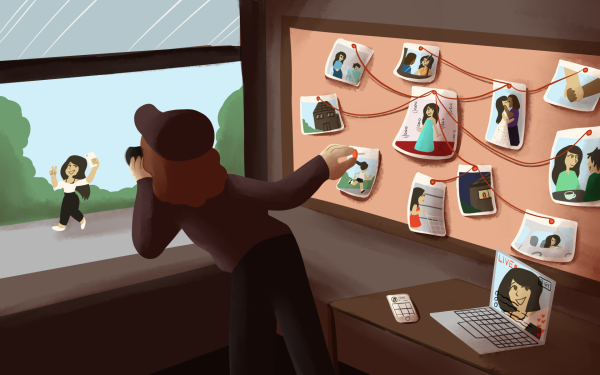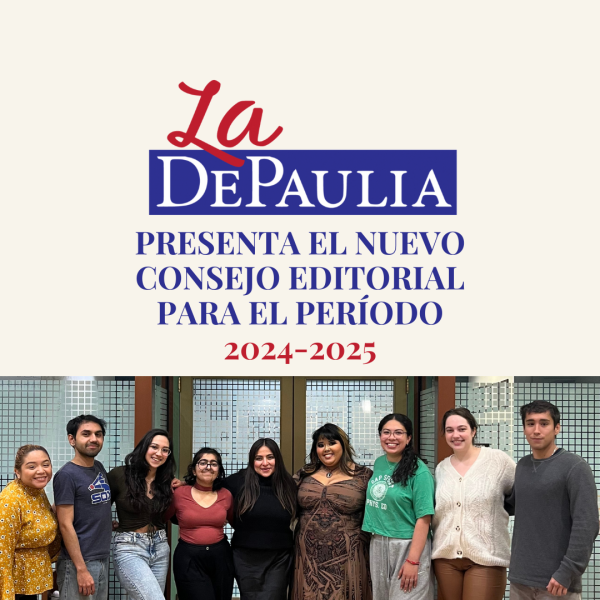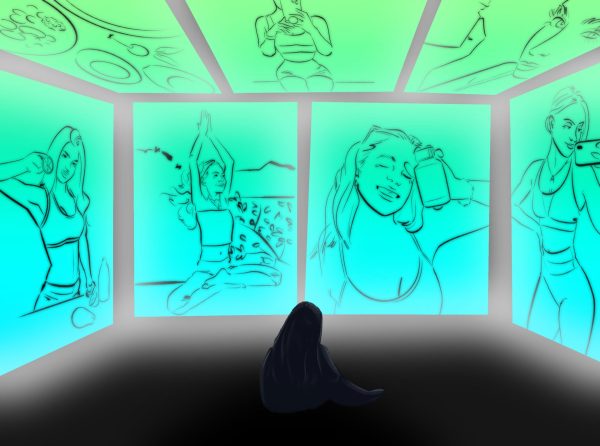James Franco’s “snub” can create a wave of change in Hollywood
James won the Best Actor in a Comedy or Musical at this year’s Golden Globes but was “snubbed” from the Oscar nomination. (Photo courtesy of AP Newsroom)
The Motion Picture Academy announced the 90th Oscar nominations on Jan. 23 to much anticipated debate. This year’s award season is particularly fiery due to the upheaval of a number of Hollywood abusers, beginning with the New York Times and New Yorker’s expose on the sexual misconduct allegations on producer Harvey Weinstein. Following suit, top-billing actors and media personalities like Kevin Spacey, Charlie Rose, Matt Lauer and Louis C.K. have been accused of sexual misconduct with their careers crumbling afterward.
James Franco is one of the latest to be accused, with allegations of sexual misconduct from five women following his award for best actor in a comedy or musical at this year’s Golden Globes. His performance in “The Disaster Artist” was undeniably hilarious for those who have seen “The Room” and otherwise, and this nearly warranted the nomination. Yet the Academy chose to leave his name and the film out of the discussion, with it receiving only one nomination for best adapted screenplay. James Franco’s slated nomination seems to be replaced by possibly one of the most underwhelming performances of Denzel Washington’s career, “Roman J. Israel, Esq.” This decision seems hurried and not thought out, given this year’s performances from Ryan Gosling in “Blade Runner: 2049” and Tom Hanks in “The Post.” Washington was probably the safest bet with his two Oscar wins and nine noms.
But this conversation is not about Washington’s lackluster performance in a forgettable movie. The Academy undeniably made the decision to withhold Franco’s nomination and replace it with Washington’s due to the allegations surrounding him. Because of the Time’s Up movement, the Me Too hashtag and the Hollywood blacklist of abusers, the Academy has aligned itself with the discourse of victims and survivors after decades of turning a blind eye to the sexual misconduct of talented actors, directors and writers.
Roman Polanski’s 1978 flee from the United States after being charged and arrested for drugging and raping a 13-year-old child did not affect the three Academy Awards his film “The Pianist” won in 2002. Woody Allen was accused of raping his adopted 7-year-old daughter after his surprising split from his longtime partner and fellow actor Mia Farrow in 1992 and was still awarded the Oscar for best screenplay for “Midnight in Paris” in 2011.
The Academy is attempting to fashion themselves on the right side of history, especially after the “Oscars So White” controversy of 2017. The systematic oppression of those less visible in the entertainment industry, people of color and women who have been silenced, shines a light on Hollywood’s inability to change its past. The Oscars may be attempting to rewrite their own history after their lack of judgment with Polanski and Allen, and Franco’s snub is the first step.
But he was not snubbed. Rather, he shouldn’t have been considered in the first place, no matter how funny “The Disaster Artist” is.
“It’s not a snub. He didn’t get nominated because he’s creepy. It’s the consequence for his actions.”
— Tavi Markovitz
In 2014, Franco came under fire when he attempted to meet up with a 17-year-old Scottish girl on her vacation to New York City. His rationale? He told Howard Stern on his show that “17 is legal in New York, but that being said, it’s still pretty damn young.”
With the recent movement to expose abusers in Hollywood, those who abuse, and especially those who attempt to stand in solidarity while secretly engaging in allegedly abusive behavior like Franco, are starting to face consequences from the powers that be in Hollywood. After the Golden Globes controversy on his win, the Academy couldn’t afford to have another snafu on their hands.
Hollywood learned from itself again on Jan. 25, when Casey Affleck, winner of last year’s best actor for “Manchester By The Sea”, decided to step down from presenting the best actress award at this year’s ceremony. It is a tradition that the recipient of that award is invited the next year to present the award for best actress. The palpable hypocrisy of an accused abuser like Affleck awarding women for their work in the progressive and women-appreciating films of this year would have created an unforgivable situation for the Academy. This would have been even more hypocritical than Franco’s wearing of the Time’s Up button at the Golden Globes in front of his accusers.
“Getting to the roots of hetero-sexism and patriarchy would be a larger U.S. cultural issue that would take all sorts of small acts and larger, systemic rectifications,” said one DePaul history professor who asked that their name not be used.
When it comes to social progression, the Academy can begin the wave. But in order to create real change, Hollywood needs to both commit to the exile of abusers and resist sympathizing with talented abusers. James Franco’s “snub” could lead to further methodical upheaval of those who have been on top for decades. With Franco’s name being left out of the “best in show” conversation, the hypocrisy of his attempted alliance with Me Too and Time’s Up can be forgotten but not forgiven.












